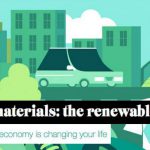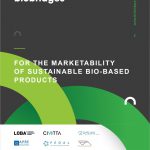BioCannDo: Insights and practical tips
BioCannDo aimed to increase awareness of bio-based products – products partly or wholly made of biomass – and informed about potential and long-term benefits of a vibrant bioeconomy sector to the wider public. It also offered a platform for feedback, interaction and engagement in the wider discussion on the value of a bio-based economy.
The final publication of the BioCannDo project contains practical guidelines and practical tips on communicating about the bioeconomy, presented in the form of 10 insights.


